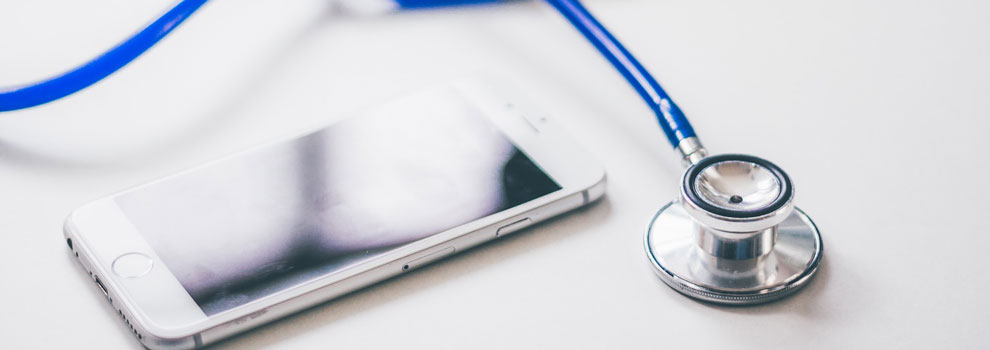
One of the major goals of the Mobile Technology Lab within the ICTS is to build and support tools to help investigators collect data from a wide range of subjects for a broad range of diseases using mobile devices.
Research subjects are increasingly likely to own cell phones or smart phones. These ubiquitous devices provide new opportunities to efficiently and cost-effectively collect health-related data outside traditional healthcare settings, such as in a subject’s home environment. However, despite the promise of these devices, collecting data directly from subjects via mobile devices is not always easy.
- If applications are poorly designed and onerous to manage, subjects will not use them.
- Mobile phone-related software development is expensive, and particularly so if the software is to interact with other sensors that might be deployed in the environment.
- A secure, reliable, and flexible back-end is necessary to aggregate, maintain and explore the collected data.
- A significant subpopulation (especially the elderly) either still prefer simpler cell phones to smart phones or, if they have a smart phone, may not be comfortable using new apps or may be unable to install them.
- There is significant value to developing robust and reliable systems that can be easily repurposed to support many different applications rather than building a succession of throw-away systems to support individual projects.
Thus, the ICTS is building services to facilitate the use of mobile devices for data collection. Without such a service, researchers will need to design, build, deploy and maintain their own mobile software and will be responsible for collecting and managing the resulting data.
What we do
The Mobile Technology Lab provides and supports a robust, flexible and easily deployed data-collection platform. Our platform allows investigators to obtain pilot data that can be used as evidence to justify external funding.
Our easily modified platform can be customized to support particular needs of different surgery-based investigations, such as, for example, engaging a research subject in an interactive text dialogue subject to a “data gathering Rx” established by the investigator.
Once external funding is available, our platform can be scaled to support population-based multi-center investigations. In short, we believe our technology can help UI investigators write more competitive proposals.
Objectives
The Mobile Technology Lab team’s overarching objective is to support existing ICTS missions by providing easy to use, efficient, inexpensive, and scalable approaches for remotely collecting data from research subjects outside healthcare facilities.
Our software will be easily customized for different projects to support diverse research interests. Specifically, we will maintain a platform capable of
- Sending text messages to solicit responses from subjects via SMS
- Sending and receiving images, video and audio files to and from subjects via MMS.
In addition, our bidirectional texting platform is capable of requesting and receiving text messages from subjects using data retrieved from the Internet of Things (IoT) sensors designed to collect health-related data (e.g., Fitbits, indoor pollution sensors, etc.).
To date, a pilot version of this platform has been used to track home blood pressure measurements, monitor the images of diabetic feet, track post-operative physical activity after orthopedic surgery and to help guide patient removal of sutures after carpal tunnel surgery.
Examples of possible projects
Asking about the presence or absence of symptoms after starting a new therapy or after a surgical procedure (e.g., levels of post-operative pain over time)
- Asking for specific health measurements that patients can take in their own home (e.g., temperature)
- Sending automated reminders to perform specific tasks at specific times (e.g., physical therapy exercises)
- Prompting for images of surgical sites after discharge
- Using video reminders for physical therapy that show how to do the exercise properly
- Prompting parents to record video and audio of seizures/spells, physical activities of children in their home environment
Work with our team
Contact information
Shelby Francis
- Email: shelby-francis@uiowa.edu
- Phone: (319) 678-8037
Help the Institute for Clinical and Translational Science at the University of Iowa continue making new strides in medical research by citing the NIH CTSA program grant UM1TR004403.